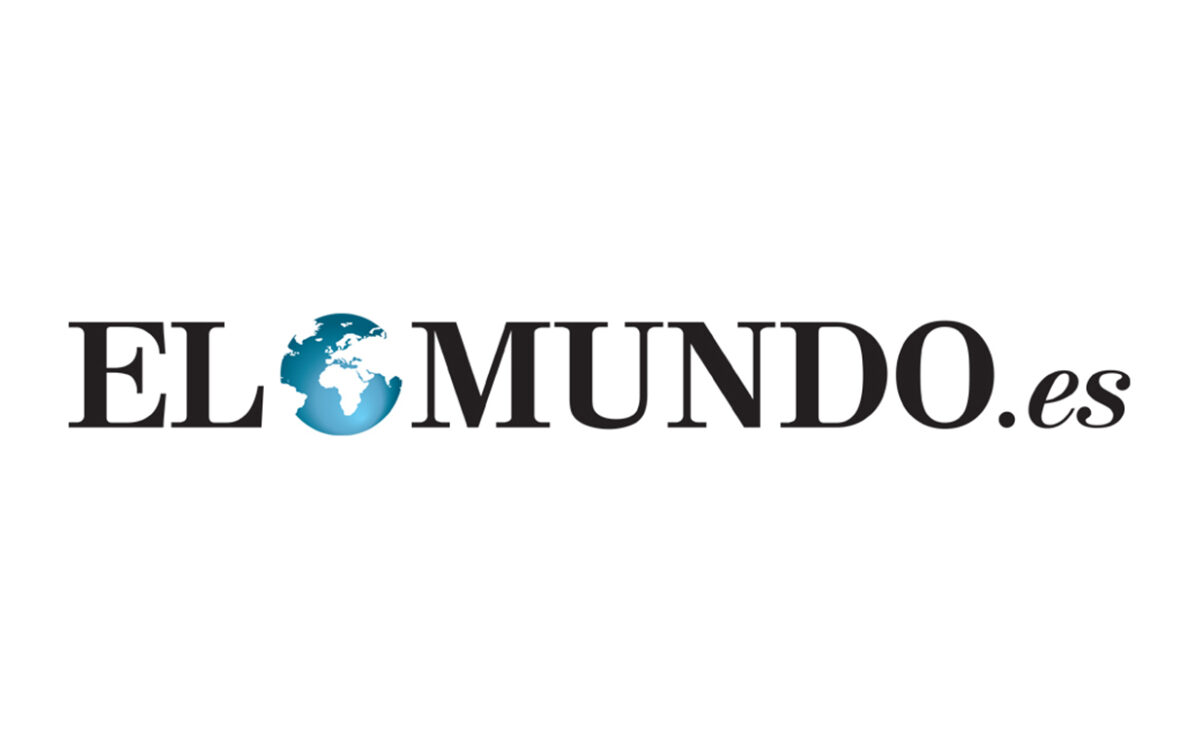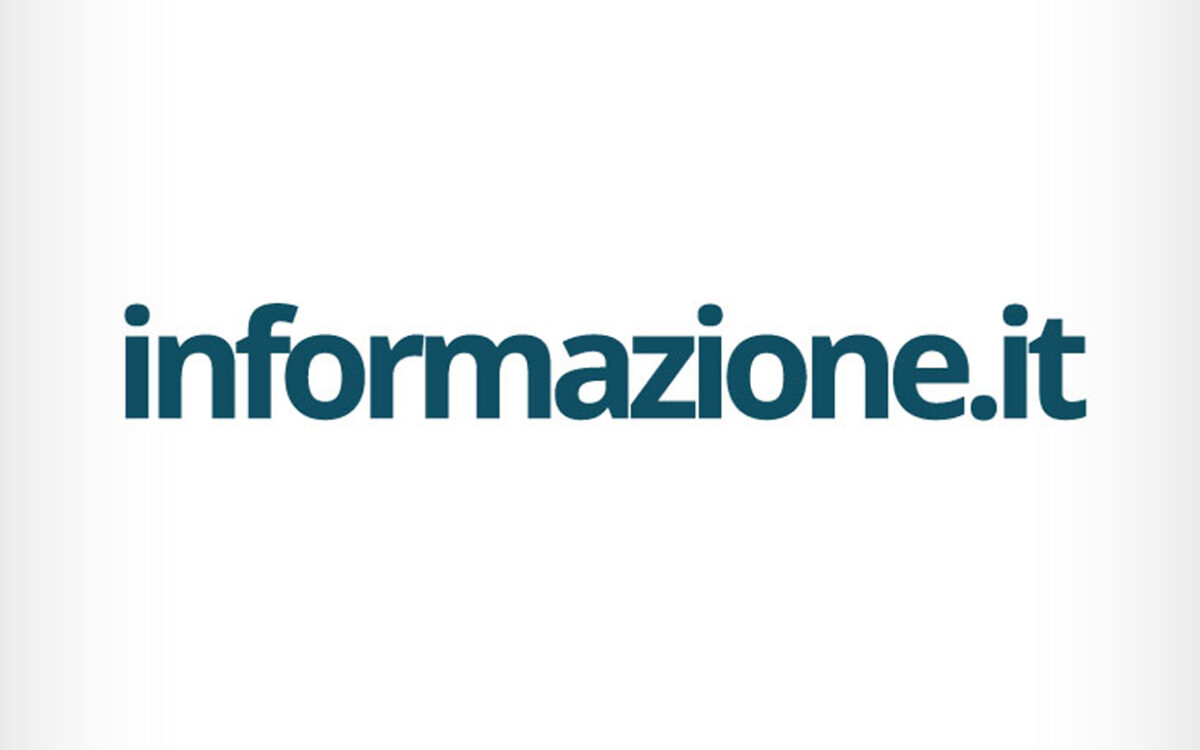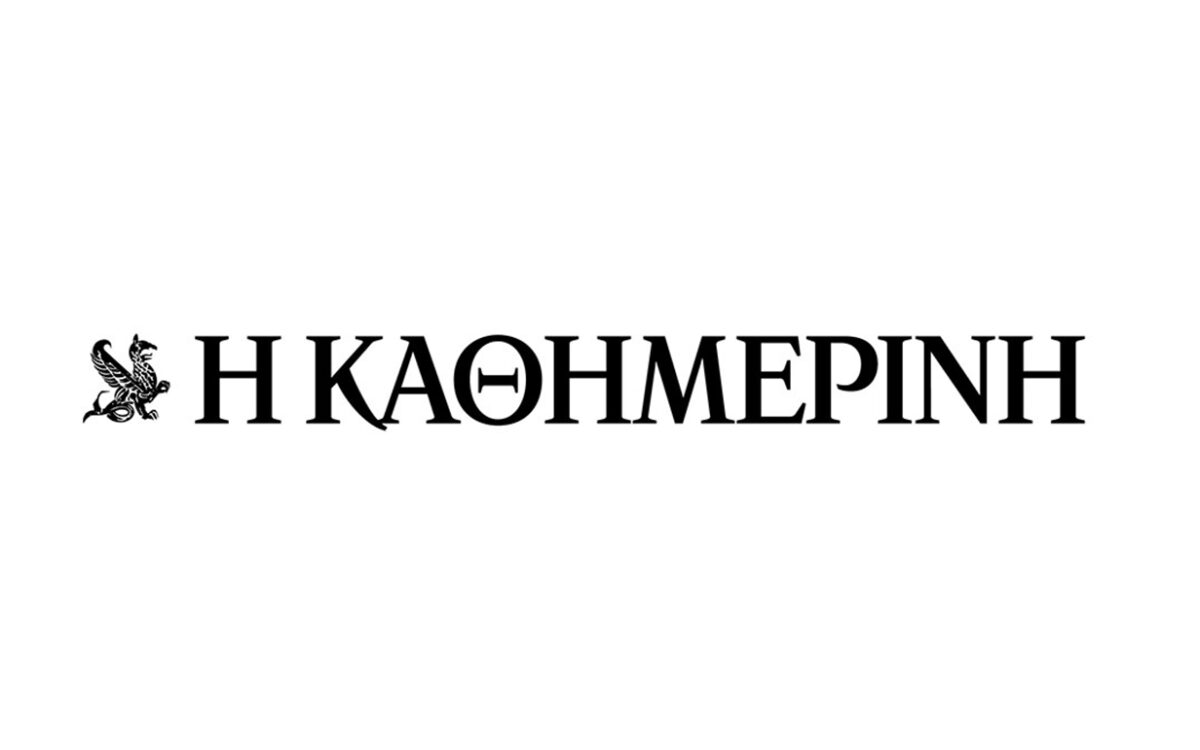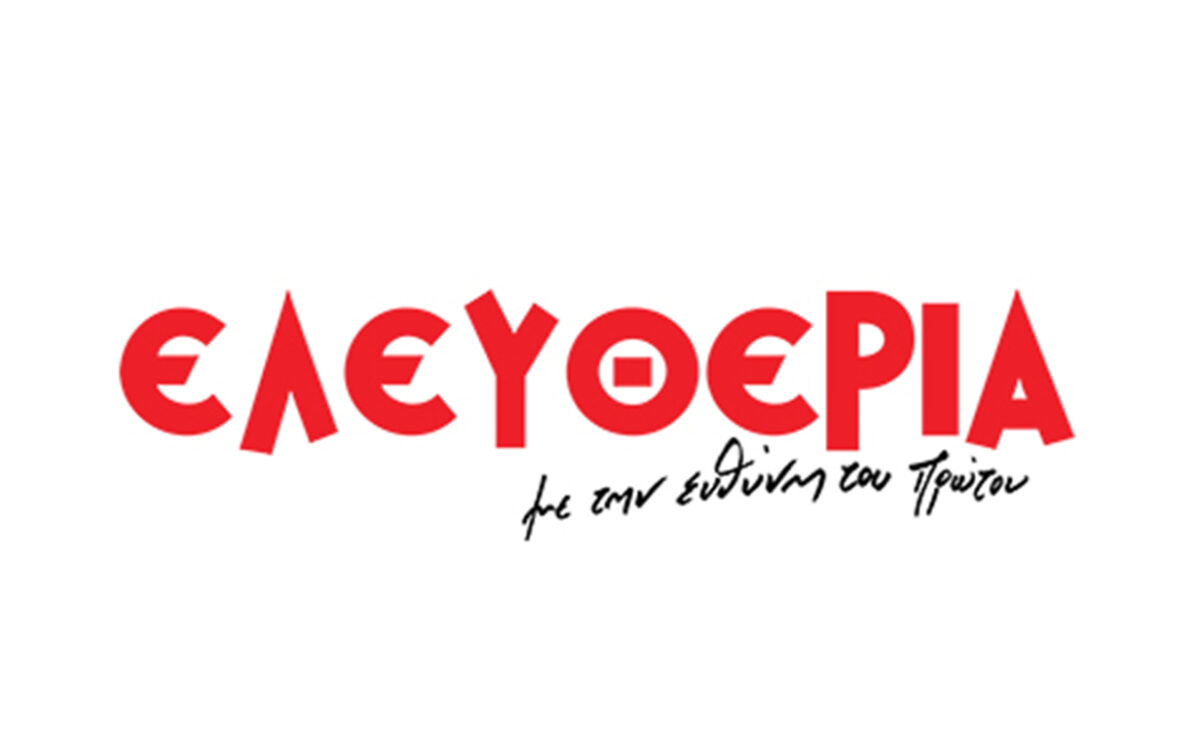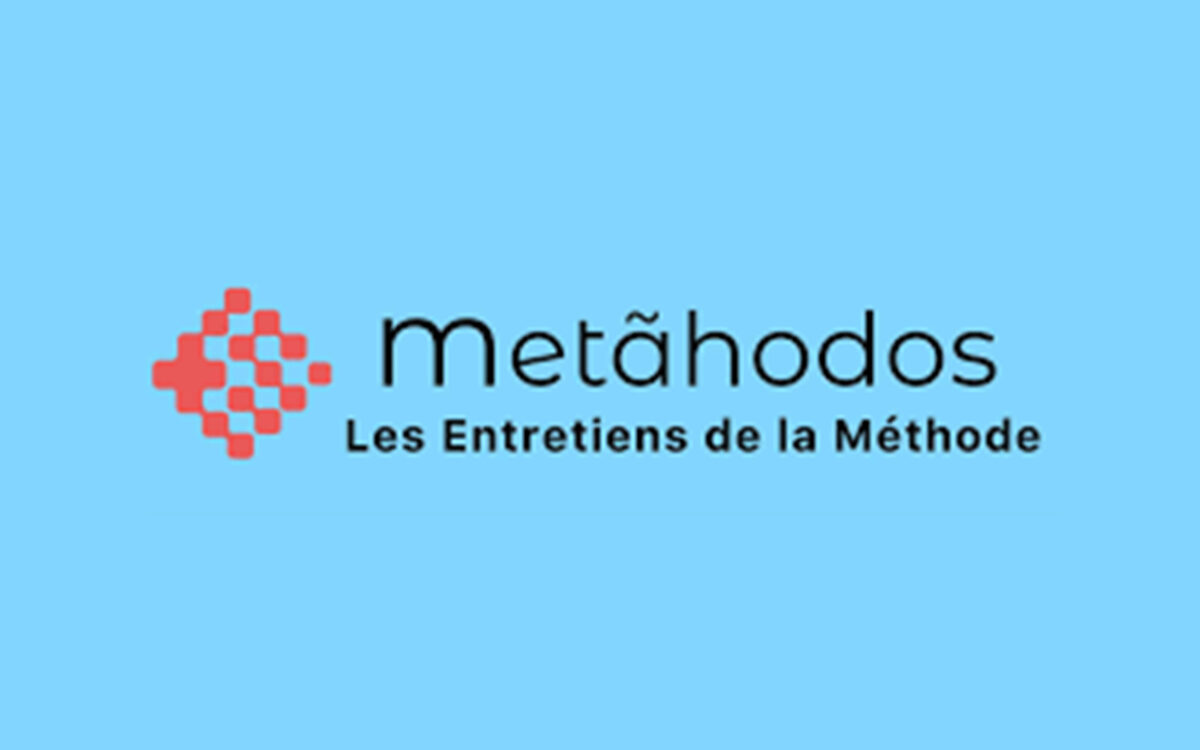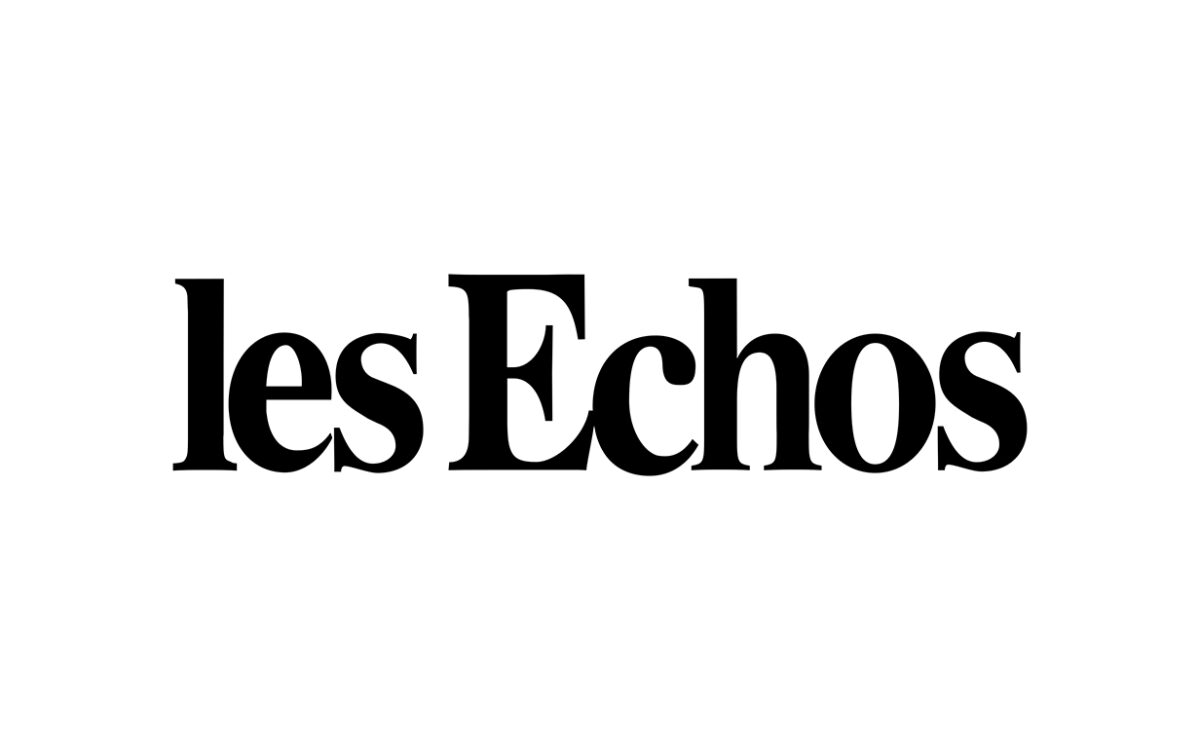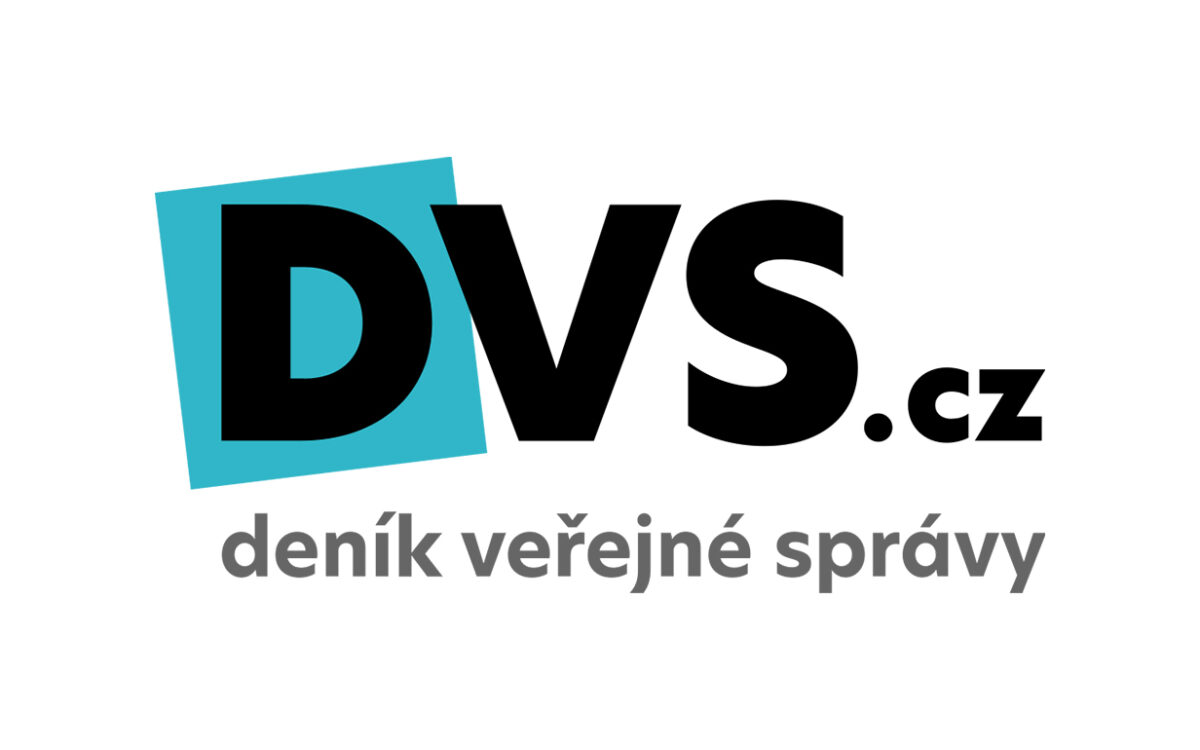EPICENTER in the Media
January 19, 2024
Fundalib (The Foundation for the Advancement of Freedom) were featured in an El Mundo Financiero article last month covering their new book proposing five proposals to recover economic freedom in Spain. The book discusses essential reforms for the agricultural and energy sectors, lifestyle regulations, taxes and the pension system. They offer holistic approaches and specific policies drawing on lessons learned from other sectors and countries.
January 18, 2024
The article delves into the shift from regulated to free-market energy supply in Italy, focusing on gas and electricity. It highlights that from January for gas and July for electricity in 2024, the regulated market will only remain applicable to domestic customers deemed ‘vulnerable,’.
January 16, 2024
The article discusses the significant lag in Greek schools concerning their digital equipment, internet connectivity, and digital culture compared to the European average. The main conclusion of a policy brief by the Center for Liberal Studies (KEFiM) highlights the challenges, including limited Information and Communication Technologies usage and opportunities for educators to develop relevant skills.
January 12, 2024
The article addresses the problematic drug policy framework in Greece, as indicated by a policy brief from the Center for Liberal Studies (KEFiM). It highlights issues such as the overburdening of the judicial system due to the criminalization of light narcotics and proposes reforms, including a clear definition of such narcotics and legal sales to control supply networks and fund health initiatives.
January 11, 2024
The study by the Center for Liberal Studies (KEFiM) underscores the potential benefits of decriminalising light narcotics in Greece. The lack of a clear distinction between light and hard drugs burdens the judicial and correctional system, with over one in five detainees in Greece held for drug-related offences, emphasising the need for alternative approaches, from mild criminal penalties to complete decriminalisation.
January 5, 2024
The study, conducted by IEM, reveals that France’s inefficiency in education and training costs €16 billion annually, ranking 14th out of 30 European countries in primary and secondary education spending effectiveness. The analysis suggests that greater autonomy for institutions, improving training-to-employment alignment, and addressing hidden costs in personnel management could enhance the system’s efficiency.
December 22, 2023
The article, coauthored by Nicolas Marques of IEM, argues that French policy tends to address issues superficially rather than tackling underlying problems systematically, citing retirement as a prime example of this approach. It emphasises the need for a more holistic approach to reform, recognising that retirement intersects with various other societal challenges.
December 20, 2023
The Journal of Public Administration discussed a recent publication from the Liberal Institute, addressing the regulation of lifestyle and proposing reforms. The study suggests that the Czech Republic and the European Union should avoid lifestyle regulations without a scientific basis, citing examples such as the ban on flavoured heated tobacco and advocating for a market-based approach to issues like marijuana legalisation.
December 20, 2023
The article discusses the finding that the French nuclear industry, as calculated by IEM, is estimated to have prevented 25 years’ worth of total CO2 emissions, highlighting its role in combating climate change. This finding comes as European countries, represented by the “Nuclear Alliance,” advocate for nuclear energy alongside renewables in future European regulations, emphasised by Minister of Energy Transition Agnès Pannier-Runacher.
